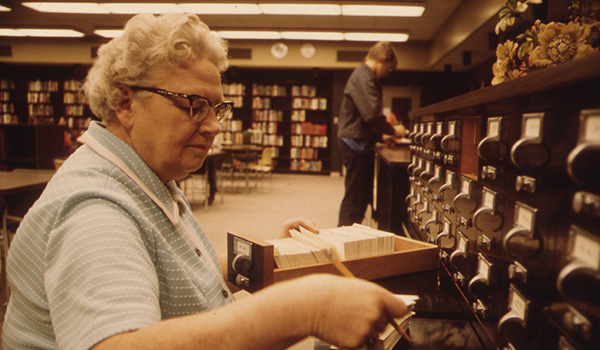For young readers, even those not yet reading, the value of libraries cannot be overstated. They open doors to a relationship with reading that can translate to well-rounded students and engaged citizens. By giving children space, opportunity and encouragement to lose themselves learning about any subject they desire, children can be made to feel comfortable and confident enough to be independent thinkers and decision-makers. Knowing the benefits of choice is one of the reasons Kids Read Now allows the children to pick the books they want. When readers become freely engaged and entertained, they craft their journeys and following their path.
There are more public libraries than Starbucks in the U.S., according to the association, which reported a total of 17,566 locations, including branches.
Librarians are an important part of the network of adults tasked with creating and nurturing young readers. They ignite this passion within them as they grow. Crafting summer reading programs and library contests can act as incentives that help fill young readers with pride and a sense of accomplishment by rewarding their interest in literacy. Librarians can help children overcome obstacles and open up paths to answers. They guide them and provide them a way to independently discover solutions, knowledge and creative experimentation that becomes the foundation for a healthy relationship with learning.
According to the American Library Association, reference librarians in the nation’s public and academic libraries answer nearly 6.6 million questions weekly. There are more public libraries than Starbucks in the U.S., according to the association, which reported a total of 17,566 locations, including branches. Nearly 100% of public libraries provide Wi-Fi and have no-fee access to computers, giving patrons of all ages access to a valuable resource.
For students, libraries can play a major role in achievement. Research shows the highest-achieving students attend schools with well-staffed and well-funded school libraries. Students make almost 1.3 billion visits to these libraries during the school year, which is on par with attendance numbers for movie theaters in 2014.
Libraries have had a significant influence on the majority of Americans’ lives. According to a recent Pew Research Center study on the future of libraries, 78 percent of Americans say they’ve ever been to a local public library, and 76 percent of Americans say that libraries serve the needs of their community well.
“Librarians are an important part of the network of adults nurturing young readers.”
Of those who continue using libraries, 97% of those who used a library or bookmobile in the past 12 months would describe themselves as lifelong learners and a similar share of library website users (98%) also strongly identified with being lifelong learners.
From these statistics, it’s easy to see the value of libraries in establishing positive experiences at a young age and how that can translate into a greater appreciation for reading as an adult. What’s less able to be put into hard numbers, however, are the memories–the smell of books, the mazes of shelves, the memories of adventures through books–those things not tracked by statistics, that can ignite an ongoing passion in children that lives well into adulthood.

